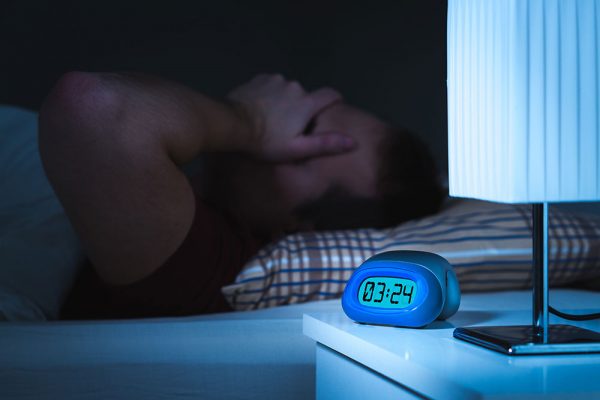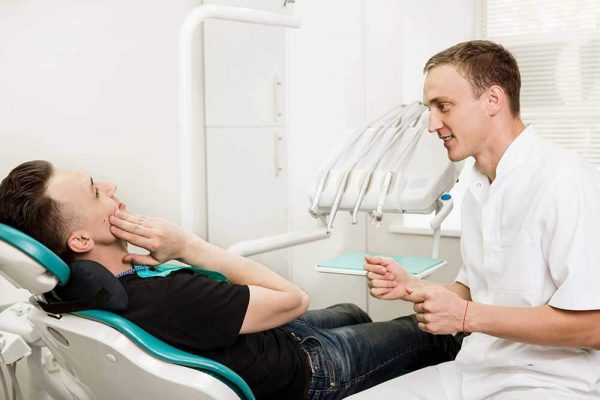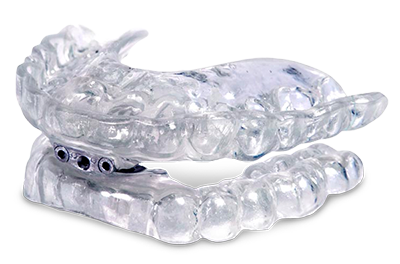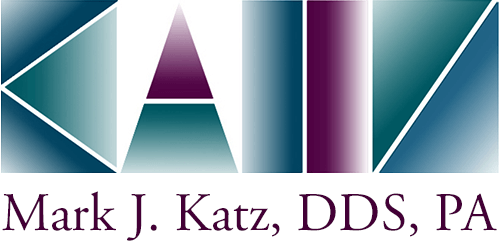A Natural Approach to Better Sleep
Sleep apnea has significant impacts on overall health and well-being, including daytime fatigue, increased risk of cardiovascular problems, and impaired cognitive function. While there are various treatment options available, some individuals prefer non-invasive approaches to alleviate their symptoms.
In this helpful guide, Greensboro sleep dentist, Dr. Mark Katz, explains the benefits of mouth and throat exercises as treatment for sleep apnea and how they can be integrated into a comprehensive treatment plan.


Understanding Sleep Apnea
Sleep apnea is characterized by repeated pauses in breathing during sleep, resulting from the relaxation or collapse of the throat muscles. There are different types of sleep apnea, including obstructive, central, and mixed, with obstructive sleep apnea (OSA) being the most common.
Factors such as obesity, smoking, alcohol consumption, and genetics can all contribute to sleep apnea development. If left untreated, sleep apnea can lead to a range of health issues, including high blood pressure, heart disease, and stroke.
The Role of Mouth and Throat Muscles in Sleep Apnea
The muscles in our mouth and throat play a vital role in maintaining an open airway during sleep. Weak or flabby muscles can collapse more easily, contributing to the obstruction that characterizes sleep apnea. By targeting and strengthening these muscles, it’s possible to improve the condition and reduce symptoms.


Mouth and Throat Exercises for Sleep Apnea
Jaw Exercises
Jaw exercises can help strengthen the muscles in the lower face and improve the stability of the airway.
- Start by slowly opening and closing your mouth, stretching it as wide as comfortable. Repeat this motion several times, gradually increasing the duration.
- Another effective jaw exercise is to place the tip of your tongue on the roof of your mouth and slide it backward. This movement engages the muscles in the jaw and tongue, promoting their strength and flexibility.
Tongue Exercises
Tongue exercises specifically target the muscles that control the tongue’s position and movement. These exercises can help tone the tongue muscles and improve their coordination.
- One simple exercise involves pressing the tongue against the roof of the mouth and holding it in place for a few seconds. Repeat this exercise multiple times throughout the day.
- Another effective technique is to push the tongue against the back of the lower front teeth and slide it backward.


Throat Exercises
Throat exercises focus on strengthening the muscles in the back of the throat, which are crucial for maintaining an open airway.
- One effective exercise is to repeatedly swallow with an exaggerated motion as if swallowing a large pill.
- Another throat exercise involves pronouncing vowel sounds (A, E, I, O, U) in an exaggerated and elongated manner.
These exercises can help tighten the muscles in the throat and reduce the likelihood of collapse during sleep.
Breathing Exercises
Certain breathing exercises can enhance lung capacity, improve muscle control, and reduce respiratory distress during sleep. Diaphragmatic breathing goes as follows.
- First, lie on your back and place one hand on your abdomen.
- Breathe in deeply through your nose, allowing your abdomen to rise as your lungs fill with air.
- Exhale slowly through pursed lips, focusing on the sensation of your abdomen falling.
Practicing this technique regularly can strengthen the diaphragm and improve breathing patterns.


Other Lifestyle Changes to Support Sleep Apnea Treatment
In addition to mouth and throat exercises, incorporating the following lifestyle changes can further enhance the effectiveness of sleep apnea treatment:
- Weight Management: Losing excess weight can reduce the severity of sleep apnea as it reduces the pressure on the airway.
- Sleep Position Adjustments: Sleeping on your side instead of your back can help prevent the tongue and soft tissues from obstructing the airway.
- Avoidance of Alcohol and Sedatives: These substances can relax the throat muscles, exacerbating sleep apnea symptoms. Avoiding them, especially close to bedtime, is advisable.
- Maintaining a Consistent Sleep Schedule: Establishing a regular sleep routine can promote better sleep quality and reduce the frequency of apnea episodes.
Seeking Professional Help
While mouth and throat exercises can be beneficial for many individuals, it’s essential to consult a healthcare professional, such as Dr. Katz, for a comprehensive evaluation and personalized treatment plan. Dr. Katz is familiar with sleep disorders and can provide guidance based on your specific needs and condition. We can also help identify other treatment options, such as continuous positive airway pressure (CPAP) therapy or oral appliances, which may be necessary in more severe cases.

Frequently Asked Questions
Are mouth and throat exercises effective for everyone with sleep apnea?
Can mouth and throat exercises completely cure sleep apnea?
How long does it take to see results from mouth and throat exercises?
Can mouth and throat exercises be performed alone or should they be combined with other lifestyle changes?
Don’t Let Sleep Apnea Hold You Back! Call Us Today!
Ready to improve your sleep and overcome sleep apnea? Take the first step towards better rest by incorporating mouth and throat exercises into your routine. Call our office at (336) 346-8988 today to schedule your consultation. You can also fill out our online contact form below, and a staff member will assist you.
Dr. Katz treats patients in Greensboro and surrounding areas such as Winston-Salem, Whitsett, Summerfield, and Kernersville, NC. We will be with you every step of the way on your journey to managing sleep apnea and taking control of your life.
